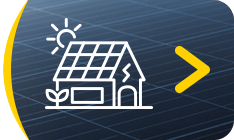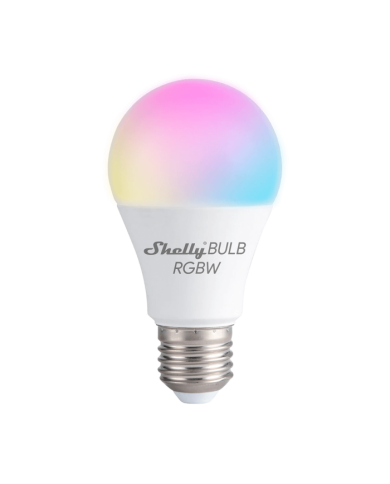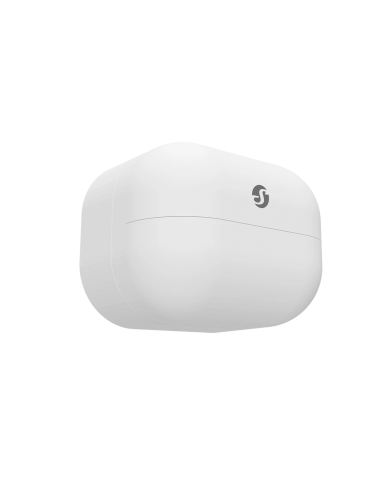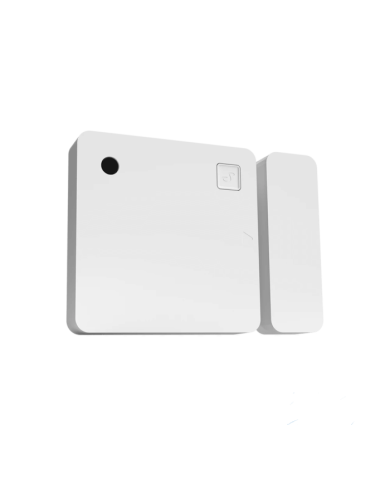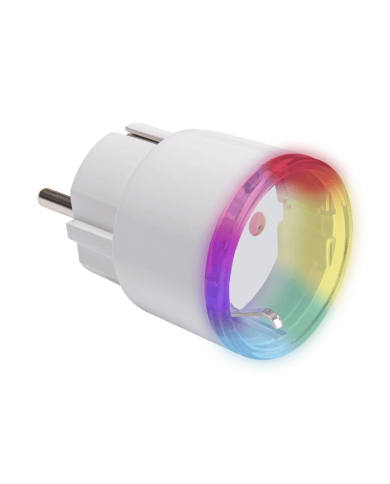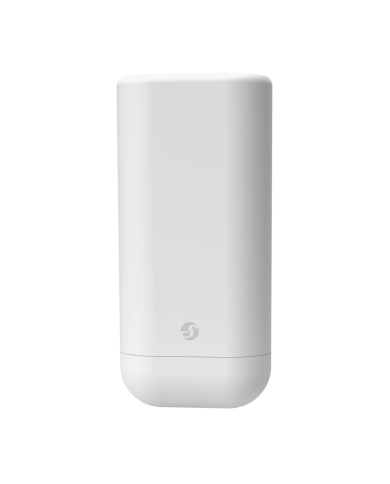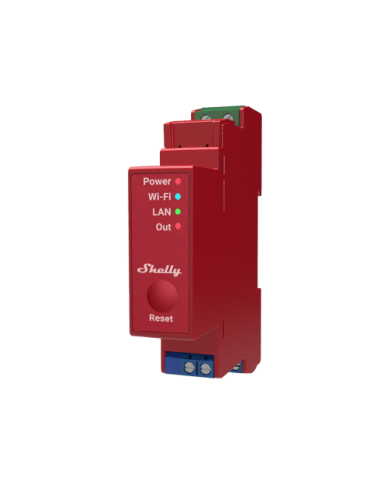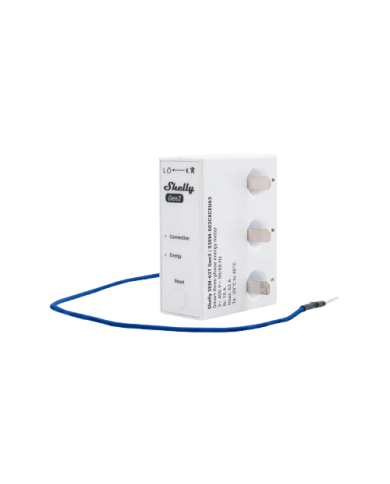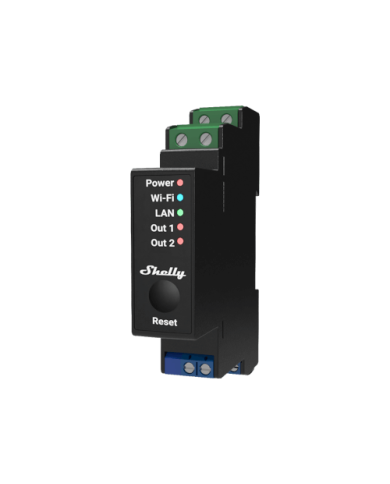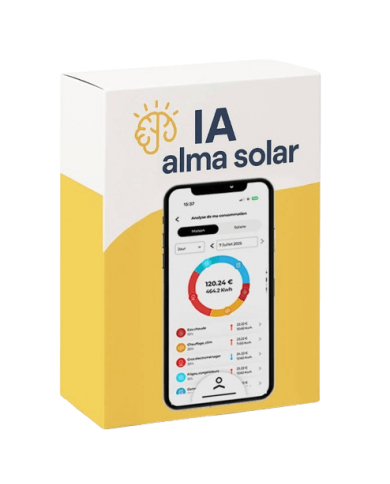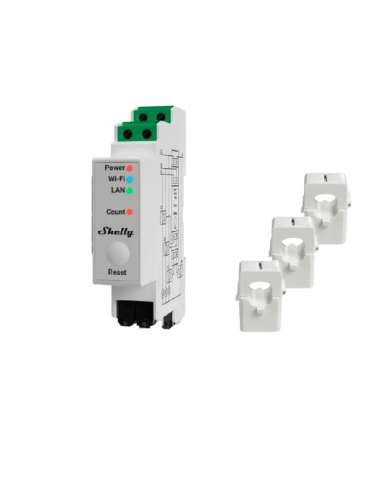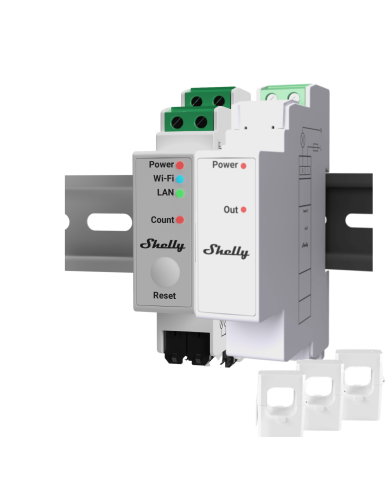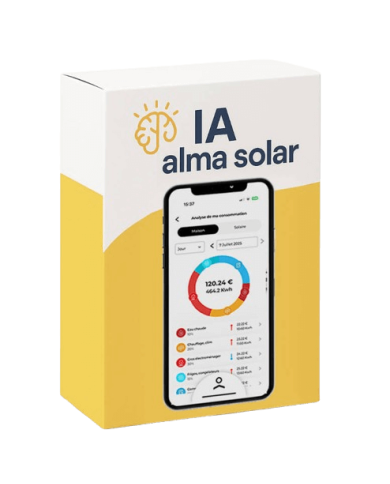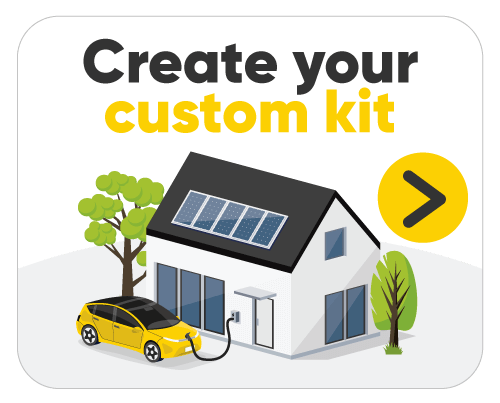Home Automation and Solar Panels: A Smart Combination for a Sustainable Future: The future of the smart home is increasingly tied to the energy transition, and a key technology that makes this vision a reality is the combination of home automation with solar panels. Home automation, which enables the control and automation of various devices at home, when combined with solar energy, a clean and renewable energy source, offers significant advantages in terms of energy efficiency, cost savings, and sustainability. In this article, we explore how these two technologies come together to create sustainable and energy-efficient smart homes.
I. Home Automation and Solar Panels: A Perfect Synergy
Home automation allows for intelligent control of devices and systems in the home, such as lighting, heating, air conditioning, security systems, and many more. By integrating sensors, actuators, and communication devices, home automation enables homeowners to monitor, regulate, and program these systems to optimize their operation. The integration of solar panels into this system offers major benefits:
1. Solar Energy Management:
Home automation management systems can track real-time solar energy production. When solar panels generate excess electricity, home automation can redirect this energy to energy-intensive devices or systems, such as pool heating or water heaters. This maximizes the use of the generated solar energy, reducing dependence on traditional energy sources.
2. Smart Lighting:
Lighting accounts for a significant portion of energy consumption at home. Home automation allows for adjusting the brightness of bulbs based on available natural light using brightness sensors. When natural light is abundant, home automation can reduce the intensity of artificial lighting, thus saving energy. This creates a comfortable and energy-efficient environment.
3. Heating and Air Conditioning:
Intelligent temperature management is essential for reducing energy consumption. Home automation systems can monitor outdoor and indoor temperatures, as well as occupants' preferences. By combining this data with solar production, home automation can automatically adjust heating and air conditioning to minimize the use of conventional energy.
II. Remote Control and Automation
A key feature of home automation is the ability to remotely control and automate systems through mobile apps or web interfaces. This feature becomes particularly relevant when solar panels are involved. Here's how it works:
1. Monitoring Solar Production:
Homeowners can monitor the solar energy production of their panels remotely through a home automation app. This allows them to track the performance of their panels and quickly detect any potential issues.
2. Smart Automation:
Home automation systems can be programmed to respond in real-time to weather conditions. For example, when home automation detects a sunny day, it can activate automation scenarios such as preparing hot water or charging electric vehicles. This maximizes the use of free solar energy.
3. Solar Battery Management:
By combining home automation with an energy storage system, such as solar batteries, homeowners can optimize the charging and discharging of batteries based on energy needs and weather forecasts. This ensures that solar energy is used optimally, even at night or on cloudy days.
III. Long-Term Savings and Sustainability
The integration of home automation and solar panels offers long-term financial and environmental benefits. Homeowners can expect substantial savings on their energy bills through more efficient use of solar energy. Additionally, reducing reliance on fossil fuels reduces the home's carbon footprint, contributing to environmental sustainability.
IV. Conclusion
The combination of home automation and solar panels provides a smart solution for the homes of the future. It enables more efficient use of solar energy, lowers energy costs, enhances comfort, and contributes to a sustainable future. As these technologies continue to evolve, smart homes will become increasingly affordable and accessible.
